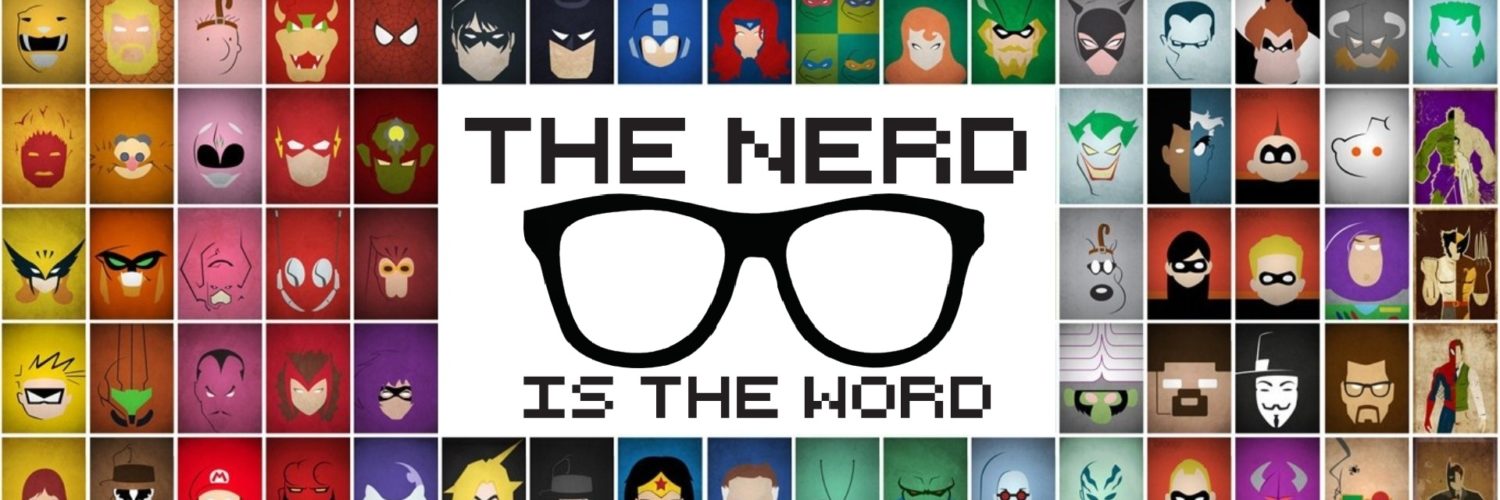
The Much Anticipated Sequel’s Horrible Debut Speaks Volumes About The Kind Of Movies Hollywood Makes and What People Shouldn’t Be So Quick To Complain
I didn’t expect to like Blade Runner 2049.
As I mentioned in my review, I was never into the original (a problem I attributed to the timing). While I did come to appreciate the well crafted and layered story telling later life on, I missed the window of opportunity. And while I feared that may prevent me from enjoying the sequel, I loved Blade Runner 2049 from top to bottom. It didn’t just make me think, it made me genuinely reflect. It told one of the most beautifully human stories I’ve ever seen in modern movies with mostly non-human characters.
But I kept wondering how Blade Runner 2049 would be received by mainstream audiences. The biggest issue I thought 2049 faced was how smart it was. That, and it spent most of its 163 minute run time telling a satisfying story. It was a smart, sophisticated, thought provoking story, but I was afraid that the lack of explosions and gunfights would hurt Blade Runner’s earning potential in the long run. War For the Planet of the Apes faced a similar problem and that movie had decidedly more action.
So I was sincerely happy when I read that Blade Runner had taken in a whopping four million dollars in Thursday night viewings alone, putting it on pace for a much stronger opening weekend than was anticipated. The fact that it was accompanied by fairly strong reviews seemed to be a bonus.
But then the box office bottom fell out. By the time Saturday afternoon rolled around, predictions for Blade Runner’s first weekend had tanked. While it still finished number one last weekend, it’s 32.8 million opening gross was far less than even the most conservative estimates. Since most pundits and observers don’t believe it will have much in the way of legs, Blade Runner will likely finish its domestic run with less than 100 million dollars.
To put that into disappointing perspective, Blade Runner 2049 will finish with less than Cars 3 (underwhelming), Pirates of the Caribbean: Dead Men Tell No Tales (disappointing), Alien Covenant, Transformers: The Last Knight and maybe even The Mummy (all horrible). While I realize that Blade Runner isn’t everyone’s cup of tea (seriously, there is a lot of storytelling), I find it difficult reconciling how a movie I (and many others) found entertaining and borderline brilliant had so much trouble attracting an audience and underperformed all the aforementioned (and inferior) films.
I don’t want to sound like I’m judging movie tastes in general. I was pleasantly surprised and pleased that Wonder Woman was such a smashing success and I’ve pretty much enjoyed this year’s top earners so far. In my heart of hearts I didn’t think Blade Runner was going to finish among the top earners of the year, but I was hoping for a reasonably healthy performance and this failure (and it is a failure no matter how you spin it) has me asking a more disturbing question.
Every year (particularly during summer), we hear the same, pining question; why doesn’t Hollywood make original movies anymore? Why are studios determined to recycle the same thing over and over and over again, forcing us to watch sequels, prequels, remakes, reboots and spinoffs ad nauseam? I’ve often defended Hollywood’s sequel addiction and habit of exploiting nostalgia for box office gold, arguing that making movies is a business and franchises is where most of the money is.
My point is often countered with “well that’s all Hollywood is making these days so we have no choice but see it” argument. Except Blade Runner proves that bold, new ideas will be rejected or outright punished by the movie going public. That may seem ironic talking about a movie that is a follow up (or sequel, if you prefer) to a 35 year old cult science fiction classic (which itself was a box office dud before finding new life in the home market) but Blade Runner was novel in its approach to the material and the way it told its story. Its relatively high Rotten Tomatoes and audience Cinemascores reflect that most of the people who gave it a genuine chance were pleased with it, yet the box office masses stayed away in droves.
Blade Runner 2049 is likely going to be one of the year’s biggest bombs, losing tens of millions of dollars in he process. And while Warner Bros. (who distributed it) can bask in the success of Wonder Woman and IT, this could quite possibly spell an end for Alcon Entertainment. With that in mind, can you blame studios for not taking any chances with what often proves to be a fickle fanbase?
So the next time you’re tempted to complain about the lack of exciting, original content in movies, maybe reflect on Blade Runner 2049’s fate. Then ask yourself if you’d be so quick to invest millions on a movie that could very well be shunned because it was new.


